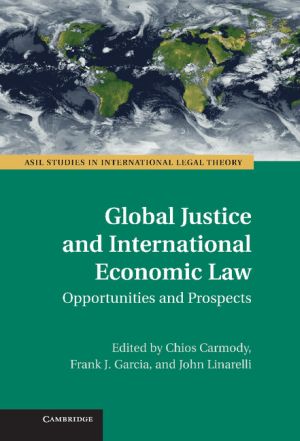
Since the beginnings of the GATT and the Bretton Woods institutions, and on to the creation of the WTO, states have continued to develop institutions and legal infrastructure to promote global interdependence. International economic law, a field dominated by legal regimes to liberalize international trade but that also includes international financial law and international law relating to economic development, has become a dense web of treaty commitments at the multilateral, regional, and bilateral levels. International lawyers are experts in understanding how these institutions operate in practice, but they tend to uncritically accept comparative advantage as the principal normative criterion to justify these institutions.
In contrast, moral and political philosophers have developed accounts of global justice, but these accounts have had relatively little influence on international legal scholarship and on institutional design. What is needed is a multidisciplinary approach to understanding the economic fairness problems that societies face as they become increasingly interdependent, and the solutions that international economic law and institutions might facilitate. This volume reflects the results of a symposium held at Tillar House, the American Society of International Law headquarters in Washington, DC, in November 2008, which brought together philosophers, legal scholars, and economists to discuss the problems of understanding international economic law from the standpoints of rights and justice, in particular from the standpoint of distributive justice.